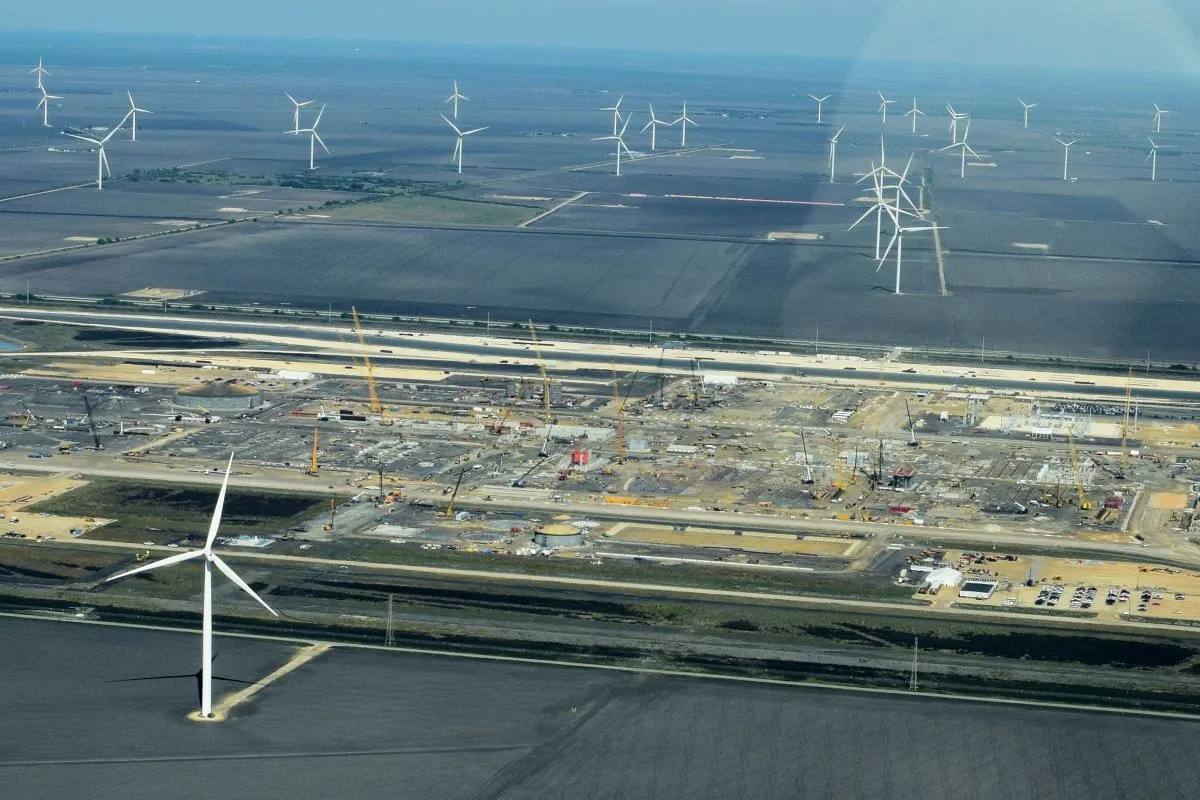IRA's Climate Impact: Reshaping U.S. Political Landscape
The Inflation Reduction Act, a major climate initiative, is notably absent from presidential campaigns. This article explores its political implications and the surprising support from American climate activists.

The Inflation Reduction Act (IRA), enacted approximately two years ago, represents a significant milestone in American climate policy. Despite allocating $369 billion for clean energy initiatives, the legislation has been conspicuously absent from current presidential campaigns.
This absence raises questions about the IRA's impact on the political landscape. The act's name itself, focusing on inflation rather than climate, reflects a strategic approach to garner broader support. This naming strategy highlights the complex interplay between climate policy and economic concerns in American politics.
The IRA's implementation has created an intricate political scenario. While some Republicans express interest in preserving certain aspects of the law, particularly those benefiting their constituencies, others maintain opposition. This division within the Republican party underscores the act's far-reaching effects across various sectors and regions.

Interestingly, even in traditionally conservative states like Texas, renewable energy has gained traction. However, this progress coexists with efforts to curb renewable development, illustrating the complex dynamics at play.
American climate activists have largely supported the IRA, despite its compromises. This support contrasts with the more stringent demands often seen from climate activists globally. Several factors contribute to this stance:
- Political pragmatism: The act represents a significant step forward after previous failed attempts at climate legislation.
- Inclusive drafting process: Climate activists were involved in shaping the legislation, fostering a sense of ownership.
- Underlying optimism: A belief in America's potential to lead global climate efforts.
The IRA aims to reduce carbon emissions by approximately 40% by 2030, a goal that aligns with broader climate objectives. It includes various provisions such as tax credits for electric vehicles, incentives for domestic clean energy manufacturing, and funding for environmental justice initiatives.
"There was a transfusion of talent, of expertise, especially from the [Sen. Elizabeth] Warren camp into the Biden administration and an openness on the part of key figures in the Biden administration and around [Senate Majority Leader] Chuck Schumer, for instance, to the input from the climate community, which meant that this was a collective project, including all of the compromises."
While the IRA has its critics, its passage demonstrates a shift in American climate policy. The act's impact extends beyond environmental concerns, influencing economic policies and political alignments. As the 2024 presidential election approaches, the IRA's role in shaping the national discourse on climate and energy policy remains a subject of keen interest.


































